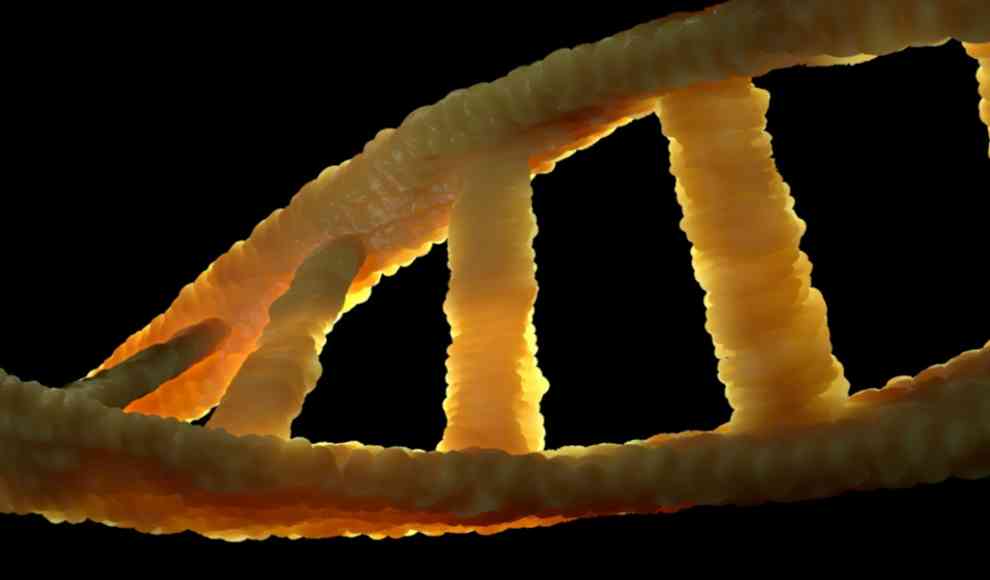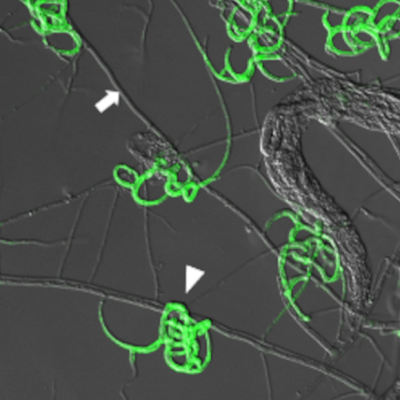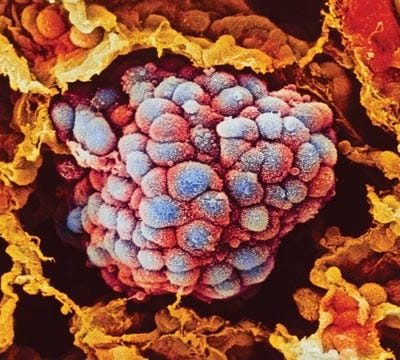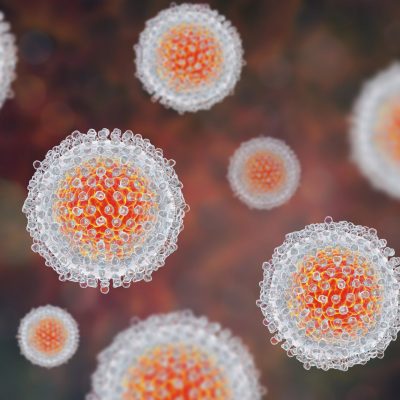APOBEC Enzymes, which are supposed to defend against diseases, are attacking human cells and causing mutation clouds that frequently lead to cancer. Researchers from the Institute for Research in Biomedicine (IRB Barcelona) have discovered a previously unknown form of cancer-promoting mutation. The mutation cloud, which is like a fog over the genome, inserts false bases into one of the DNA strands. This is caused by a series of Cytosine Deaminases, which defend against viruses by damaging their genetic material. However, sometimes these enzymes attack human DNA instead of the virus RNA, leading to mutations that can cause cancer.
The APOBEC-Enzymes attack human cells when the repair mechanisms of the cells need to fix certain parts of the genome. During this process, the DNA double strand is briefly split, allowing the enzyme to trigger mutations in one of the strands. These mutations occur frequently in tumor suppressor genes, which are supposed to prevent mutations. As a result, the mutation cloud is more likely to cause cancer than other mutations caused by external factors such as tobacco smoke or UV radiation. An analysis of 6,000 cancer genomes shows that breast and lung cancer are frequently caused by mutation clouds.
The enzymatic mutations are particularly active in advanced cancer, which could lead to tumors developing a higher resistance to cancer therapies. However, APOBEC could be an attractive target for new therapies that prevent this resistance. Although it is unclear why APOBEC enzymes sometimes attack human cells, further studies are expected to provide an answer to this question soon.










